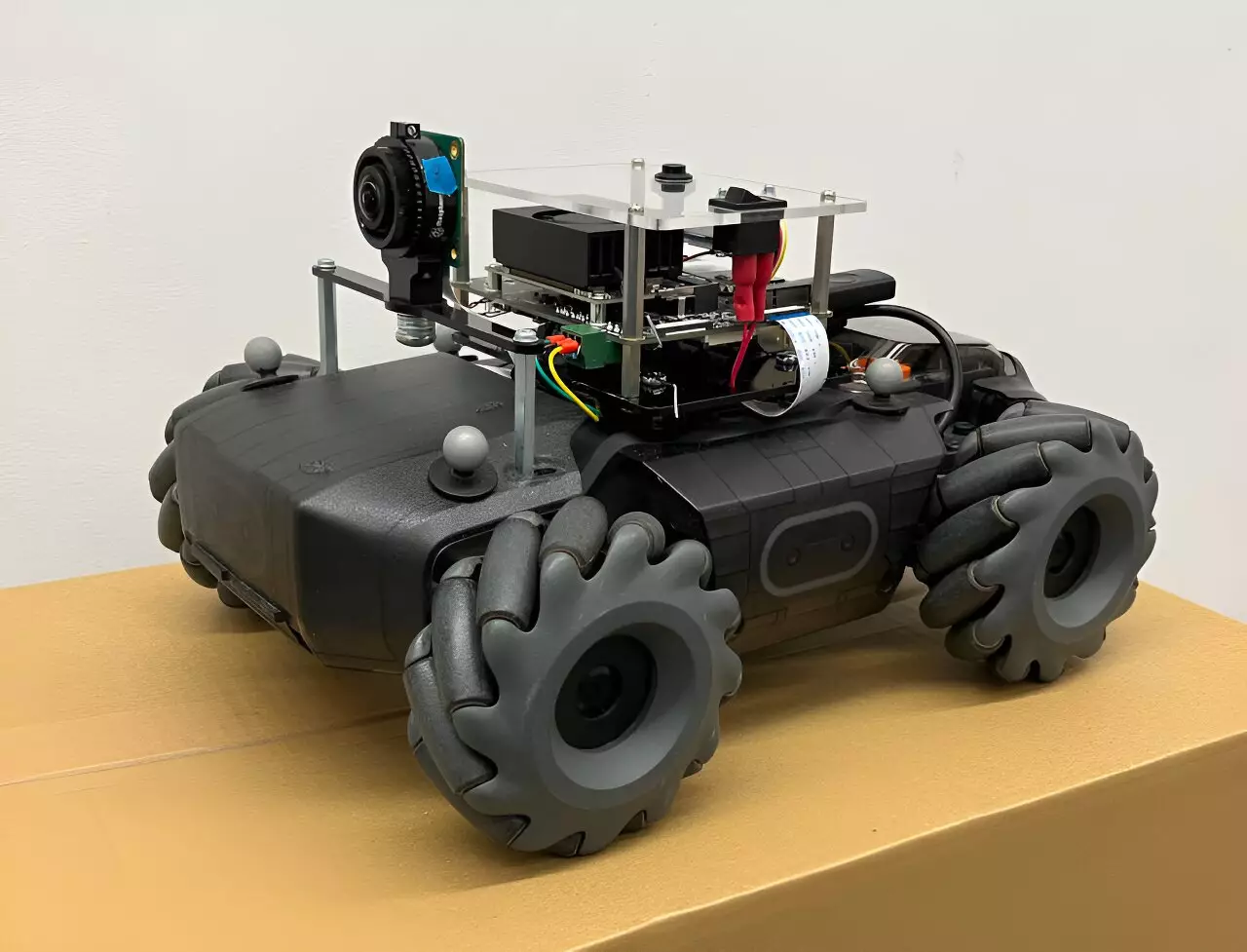Advancements in the field of robotics have paved the way for teams of robots to tackle more complex missions than ever before. The integration of reliable hardware and software for multi-robot applications has opened up new possibilities for research in this area. Research recently conducted at the University of Cambridge has introduced the Cambridge RoboMaster platform, which promises to revolutionize multi-robot research.
The team at the University of Cambridge, led by Principal Investigator Amanda Prorok, embarked on a mission to develop solutions for collective intelligence in multi-robot and multi-agent systems. They aimed to create a platform that met a series of requirements, including state-of-the-art computing power, speed, agility, and durability. The team decided to customize DJI RoboMaster S1 robots, which provided a strong foundation for their specific research needs.
The Cambridge RoboMaster platform offers a perfect balance between robot size and capabilities, overcoming the limitations of both smaller and larger robots. With a focus on full on-board autonomy and peer-to-peer communication, the platform is equipped to run multi-agent reinforcement learning policies directly from a simulation framework. This makes it highly agile and effective for multi-robot experiments in indoor environments.
One of the greatest advantages of the Cambridge RoboMaster is its cost-effectiveness and accessibility. Priced at around $700, the platform is affordable for researchers and offers advanced capabilities for a wide range of research demonstrations and practical applications in multi-agent systems. Its power-efficiency and versatility have been demonstrated in various tests, showcasing its potential in academic and research settings.
The Cambridge RoboMaster platform has already proven to be a versatile, reliable, and accessible testbed for multi-robot research. The hardware, software, and simulation tools necessary to experiment with the platform are available on GitHub, allowing research groups worldwide to test algorithms for automated transport logistics, environmental monitoring, and search and rescue missions. The team at the University of Cambridge has exciting plans to further enhance the platform by focusing on improving on-board sensing, decentralized communication, and control. They aim to push the limits of multi-robot and multi-agent systems research by expanding the capabilities of the Cambridge RoboMaster platform.
The advancement of multi-robot research with the Cambridge RoboMaster platform marks a significant milestone in the field of robotics. With its innovative features, cost-effectiveness, and accessibility, the platform has the potential to accelerate research in multi-robot applications and pave the way for new discoveries in the field. Researchers worldwide can now leverage the capabilities of the Cambridge RoboMaster to explore the possibilities of collective intelligence and advance the development of multi-robot systems.


Leave a Reply